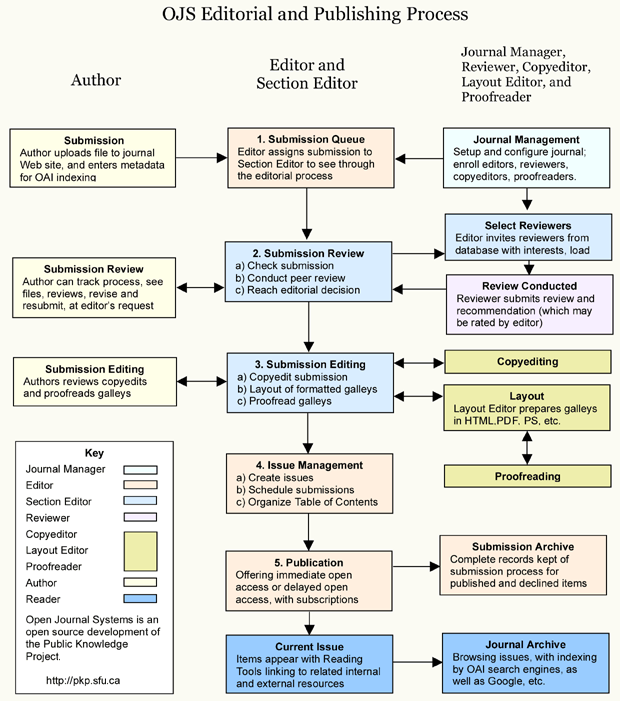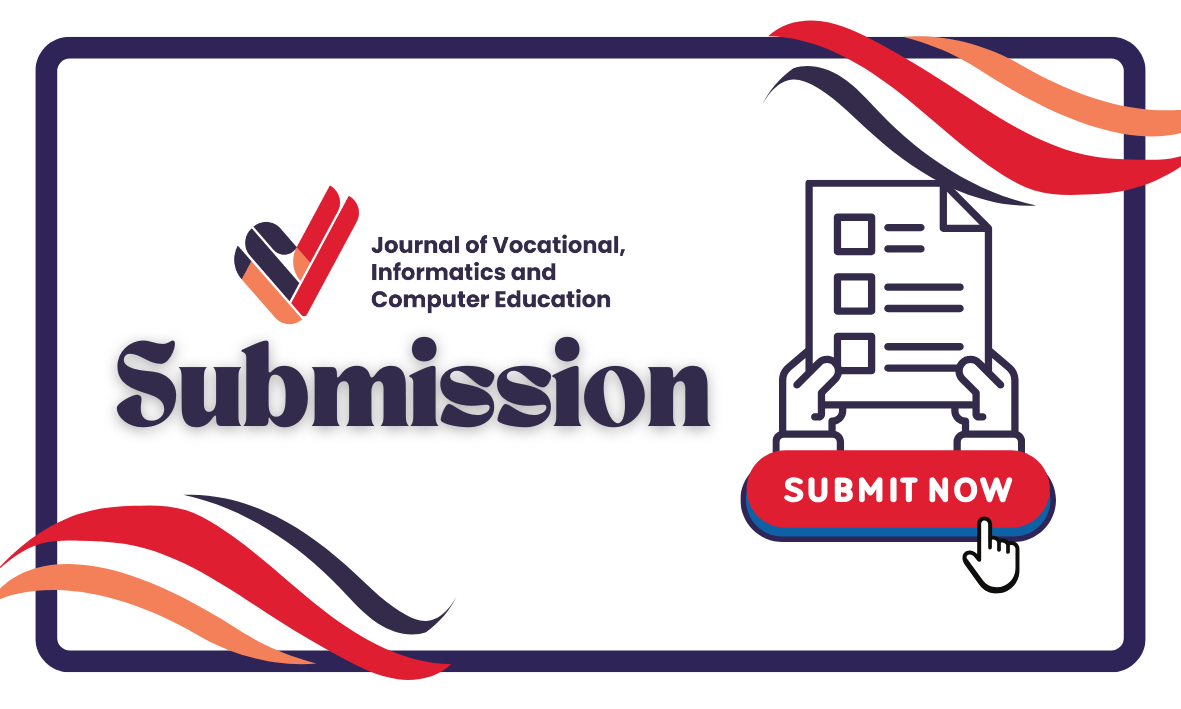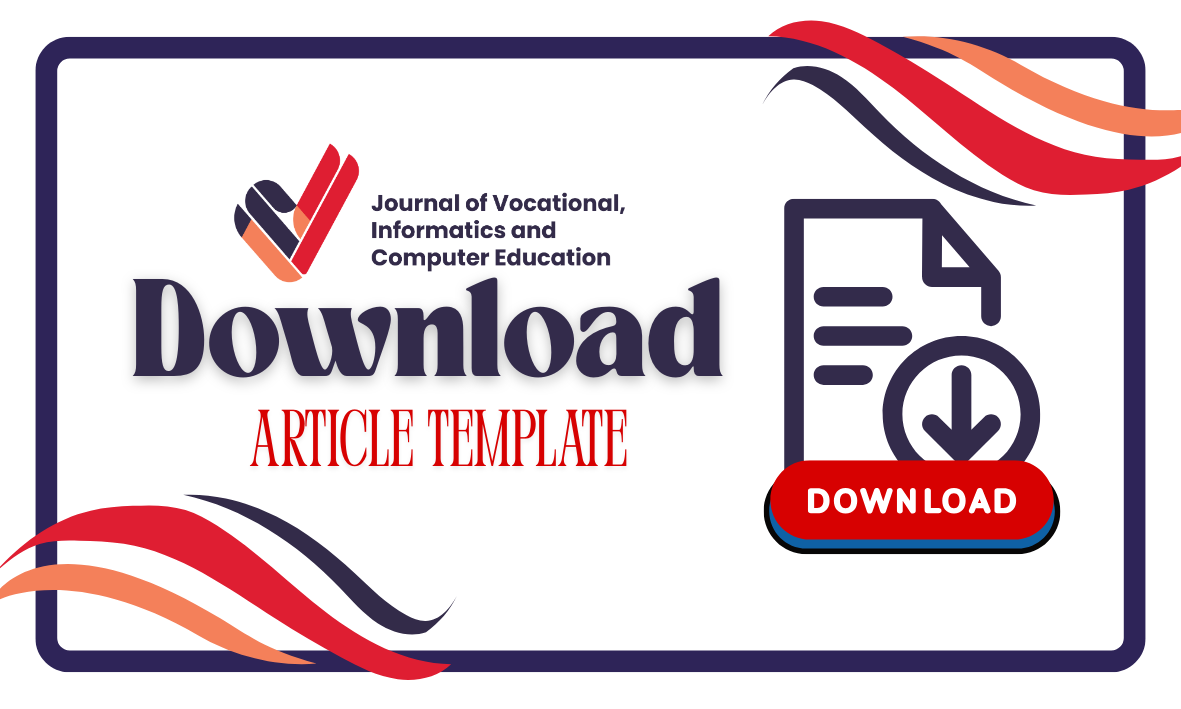Papers submitted to VOICE will be screened for plagiarism using Turnitin/iThenticate plagiarism detection tools. VOICE will immediately reject papers leading to plagiarism or self-plagiarism.
Before submitting articles to reviewers, those are first checked for similarity/plagiarism tool, by a member of the editorial team. The papers submitted to VOICE must have similarity level less than 25%.
Plagiarism is the exposing of another person’s thoughts or words as though they were your own, without without permission, credit, or acknowledgment, or because of failing to cite the sources properly. Plagiarism can take diverse forms, from literal copying to paraphrasing the work of another. In order to properly judge whether an author has plagiarized, we emphasize the following possible situations:
- An author can literally copy another author’s work- by copying word by word, in whole or in part, without permission, acknowledge or citing the original source. This practice can be identified through comparing the original source and the manuscript/work who is suspected of plagiarism.
- Substantial copying implies for an author to reproduce a substantial part of another author, without permission, acknowledge or citation. The substantial term can be understood both in terms of quality as quantity, being often used in the context of Intellectual property. Quality refers to the relative value of the copied text in proportion to the work as a whole.
- Paraphrasing involves taking ideas, words or phrases from a source and crafting them into new sentences within the writing. This practice becomes unethical when the author does not properly cite or does not acknowledge the original work/author. This form of plagiarism is the more difficult form to be identified.























 Email : voice@lontaradigitech.com
Email : voice@lontaradigitech.com
